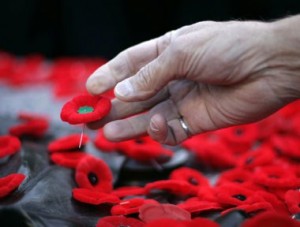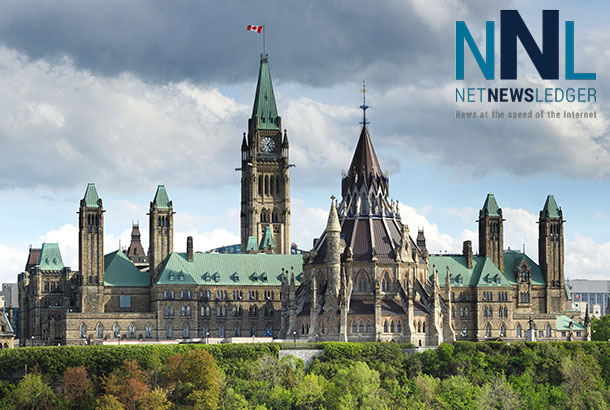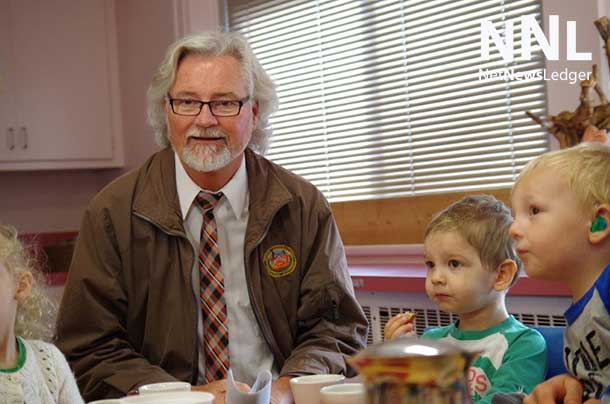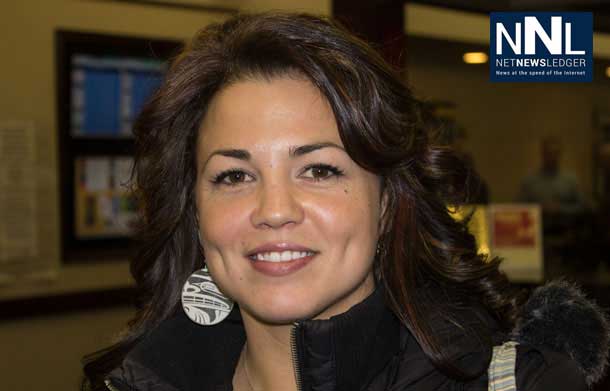OTTAWA – I hope you will join me this November 11th again to remember the sacrifices of the men and women of our armed forces, past and present, who have served in defence of our country. If you see a Veteran or active personnel member please take a moment to thank them for their service and sacrifice.
I hope that your household received our annual Remembrance Day mailing sometime in the last week or so. I send this out each year with the words of Veterans attached to remind us of the ordeals they faced on our behalf. I also include a copy of the poem “In Flanders Fields,” which was written by the great Canadian and Lieutenant Colonel John McCrae on May 13, 1915.
Unfortunately, some of the mailings this year contained a typo. At the end of his poem on some versions, Lt. Col. McCrae’s rank is listed as ‘Cpl.’ which is short for ‘Corporal.’ Corporal is a much lower rank that McCrae had actually achieved in his remarkable career, and although this was unintentional it does conflict with the idea or remembering the sacrifices of our Veterans. So in honour of Lt. Col. McCrae I would like to use the rest of this space to bring to light some of the history behind his famous poem ‘In Flanders Fields’ courtesy of Veterans Affairs Canada.
In Flanders Fields
On August 4, 1914, Britain declared war on Germany. Canada, as a member of the British Empire, was automatically at war, and its citizens from all across the land responded quickly. Within three weeks, 45,000 Canadians had rushed to join up. John McCrae was among them. He was appointed brigade-surgeon to the First Brigade of the Canadian Field Artillery with the rank of Major and second-in-command.
Just before his departure, he wrote to a friend: It is a terrible state of affairs, and I am going because I think every bachelor, especially if he has experience of war, ought to go. I am really rather afraid, but more afraid to stay at home with my conscience. (Prescott. In Flanders Fields: The Story of John McCrae, p. 77)
He took with him a horse named Bonfire, a gift from a friend. Later, John McCrae sent his young nieces and nephews letters supposedly written by Bonfire and signed with a hoof print.
In April 1915, John McCrae was in the trenches near Ypres, Belgium, in the area traditionally called Flanders. Some of the heaviest fighting of the First World War took place there during that was known as the Second Battle of Ypres.
On April 22, the Germans used deadly chlorine gas against Allied troops in a desperate attempt to break the stalemate. Despite the debilitating effects of the gas, Canadian soldiers fought relentlessly and held the line for another 16 days.
In the trenches, John McCrae tended hundreds of wounded soldiers every day. He was surrounded by the dead and the dying. In a letter to his mother, he wrote of the Battle of Ypres.
The general impression in my mind is of a nightmare. We have been in the most bitter of fights. For seventeen days and seventeen nights none of us have had our clothes off, nor our boots even, except occasionally. In all that time while I was awake, gunfire and rifle fire never ceased for sixty seconds ….. And behind it all was the constant background of the sights of the dead, the wounded, the maimed, and a terrible anxiety lest the line should give way. (Prescott. In Flanders Fields: The Story of John McCrae, p. 98)
The day before he wrote his famous poem, one of McCrae’s closest friends was killed in the fighting and buried in a makeshift grave with a simple wooden cross. Wild poppies were already beginning to bloom between the crosses marking the many graves. Unable to help his friend or any of the others who had died, John McCrae gave them a voice through his poem. It was the second last poem he was to write.
Thank you again to our Veterans, active personnel, and their families for your sacrifices. Thank you as well to Veterans Affairs Canada for preserving Lt. Col. McCrae’s story and our military history and for making it available to the public. Lest we forget.
John Rafferty MP






